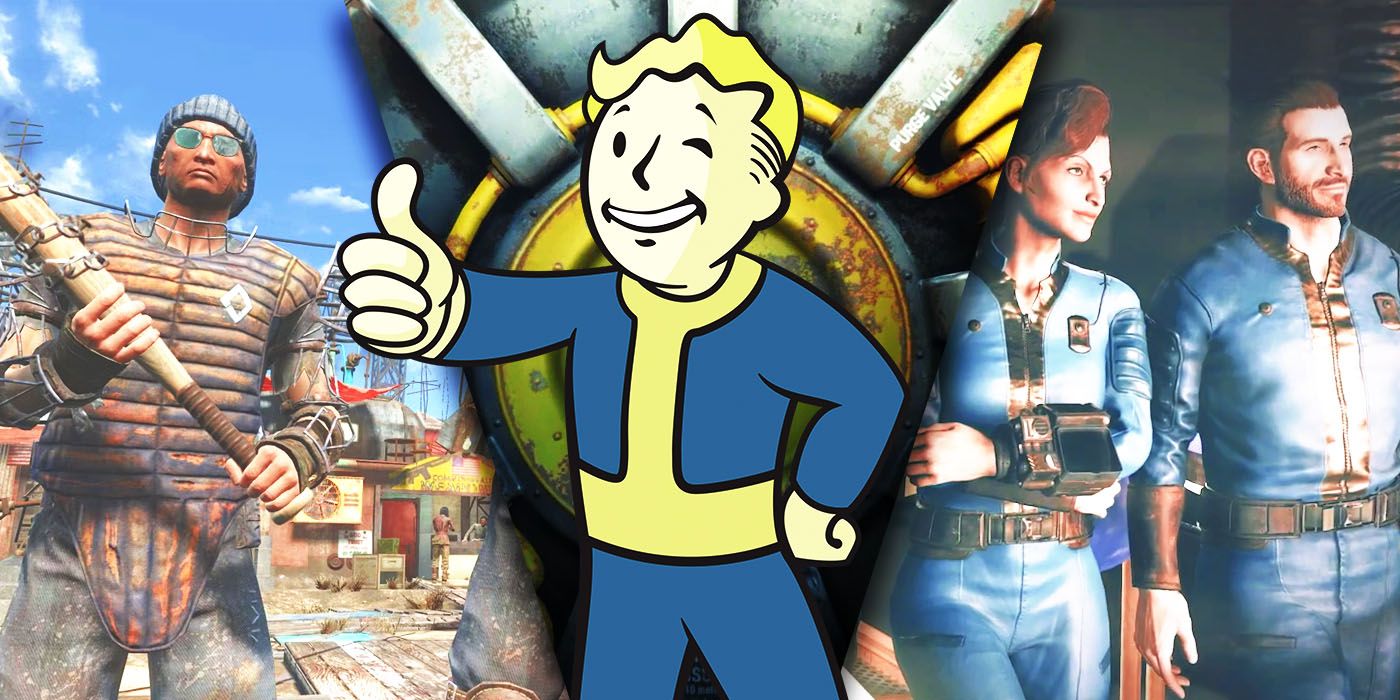
Tucked away throughout the wastelands are Vaults, shelters where select people hid as the nuclear bombs dropped, allowing them to survive, reproduce, and fulfill the intended experiments of each Vault. Vaults, at least the ones that survived, are full of Vault Dwellers with little to no knowledge of the surface world. The dynamic between Vault Dwellers and the survivors on the surface is at the heart of the Fallout franchise. What makes the relationship between Vault Dwellers and other survivors so fascinating?
Vault Dwellers Are Fish Out Of Water
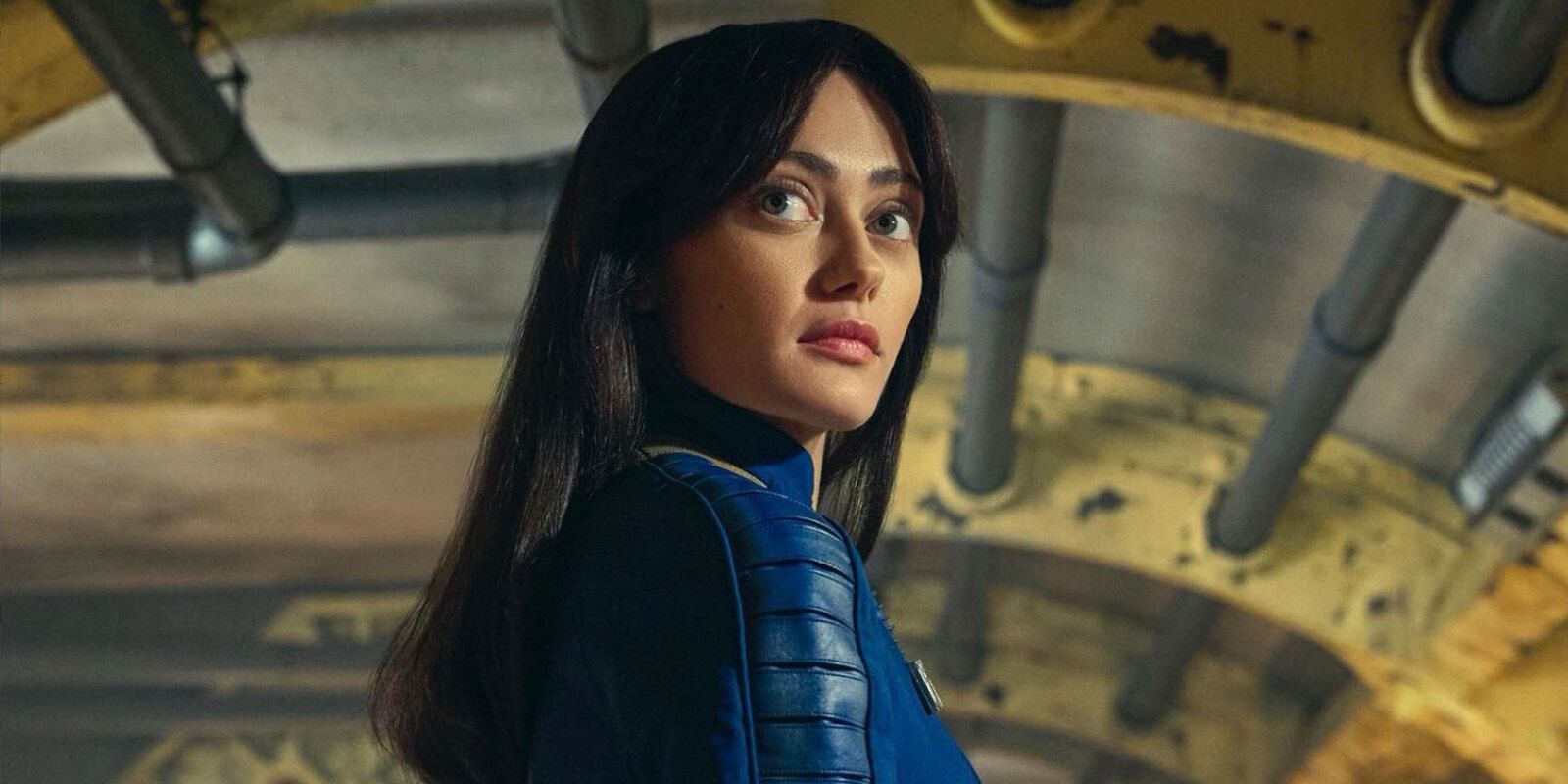
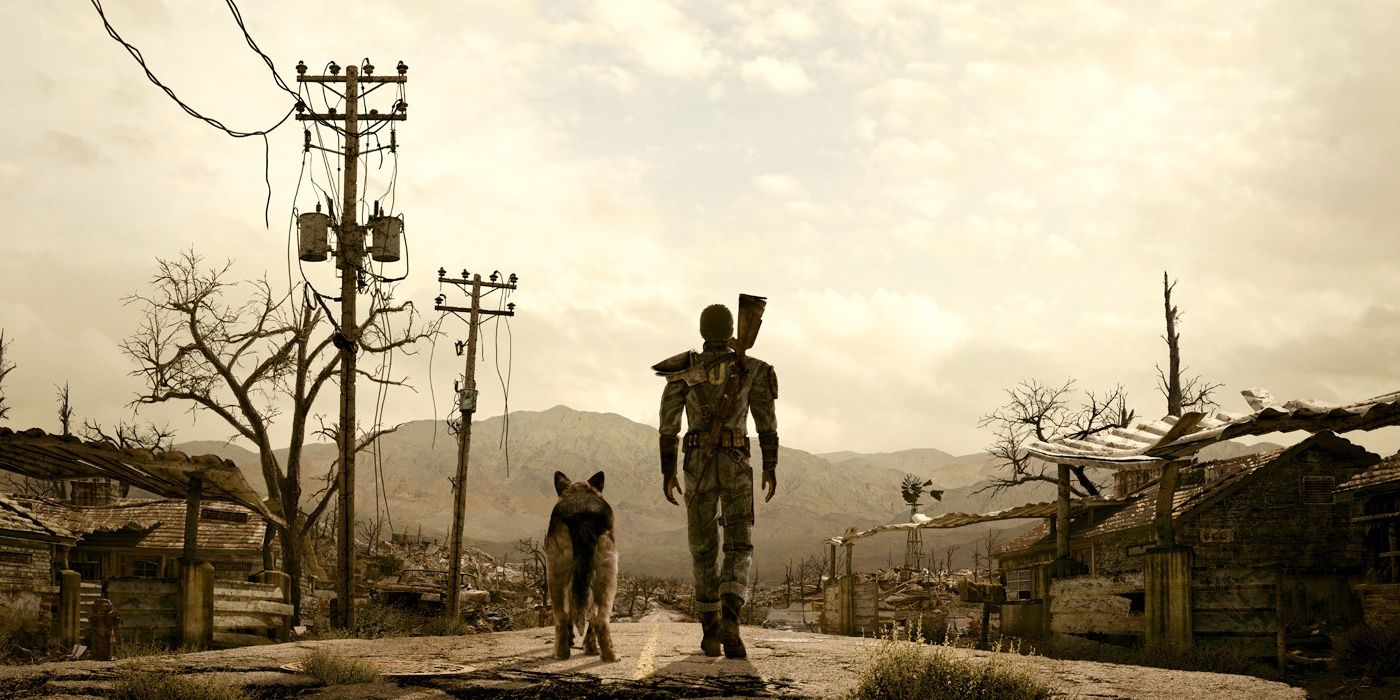
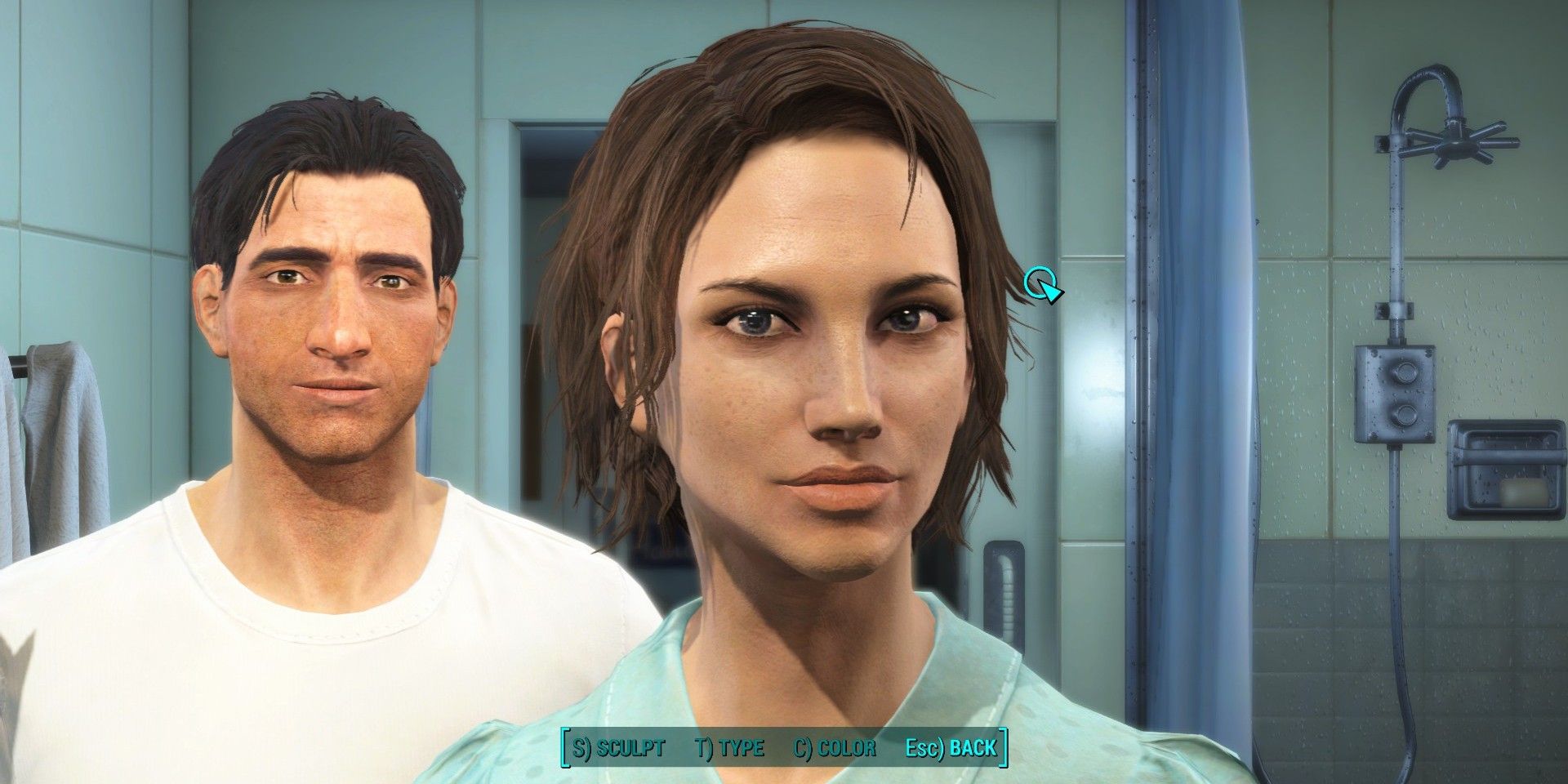
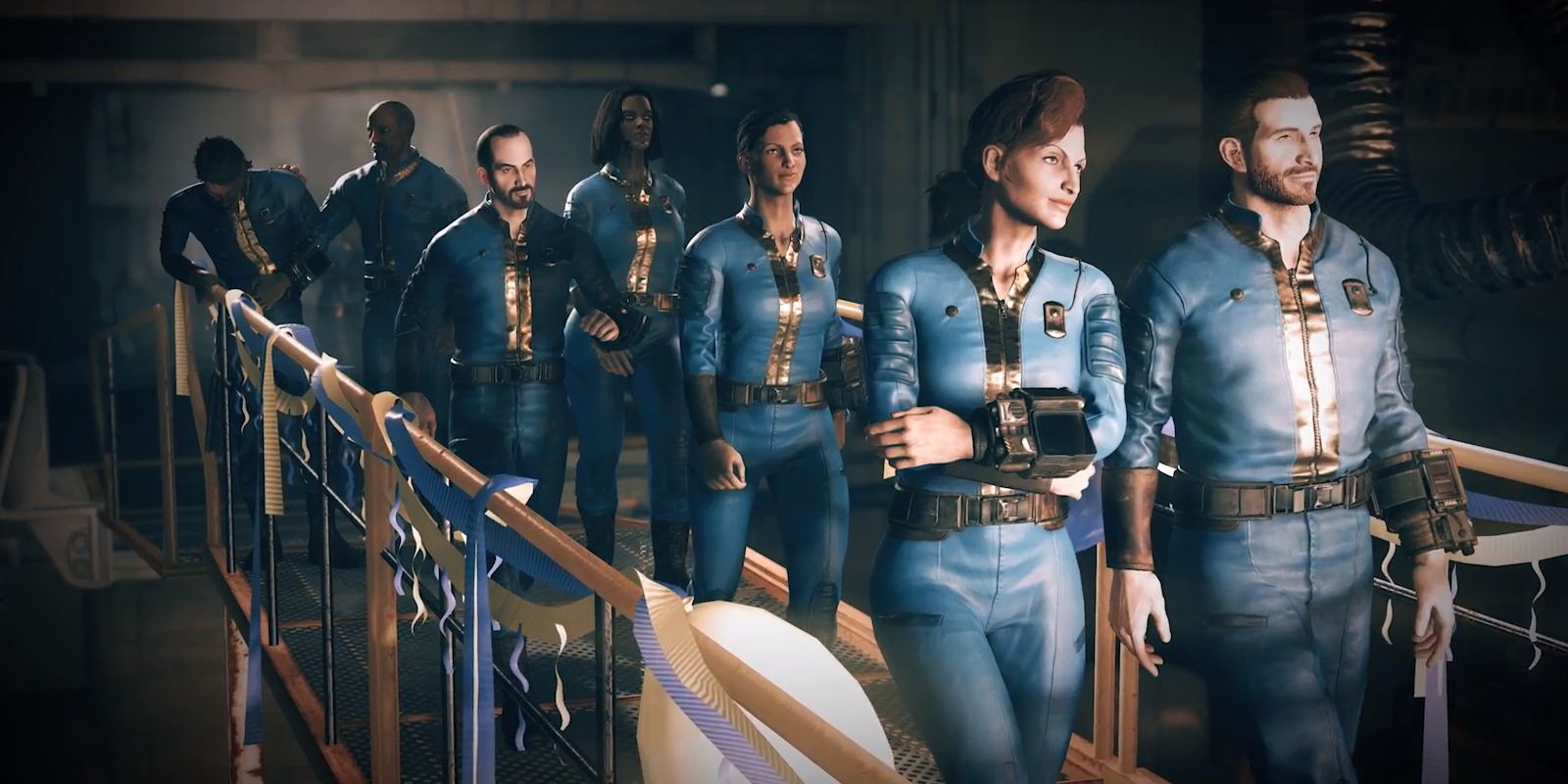
Franchise Entry
Release Year
Metacritic Score
Fallout
1997
89
Fallout 2
1998
86
Fallout 3
2008
93
Fallout: New Vegas
2010
84
Fallout 4
2015
87
Fallout 76
2018
52
Prime Video’s Fallout
2024
73
Most Fallout games, as well as Prime Video’s Fallout, begin from the perspective of a Vault Dweller. For players and viewers, Vault Dwellers are their eyes and ears — their window through this world and the means by which they learn about it. Vault Dwellers ask the questions players and viewers are curious about as well. As the Vault Dweller learns, so, too, does the player and viewer.
Fallout would not have worked as a franchise had there not been people willing to help the Vault Dweller. Most Fallout media begins with the Vault Dweller as a fish out of water, having no idea how the world operates. This could easily lead to their death. In Prime Video’s Fallout, the one thing in the way of Lucy MacLean being consumed by radroaches on her first night on the wasteland was Doctor Siggi Wilzig and his canine companion. While Wilzig encourages Lucy to return home, he teaches her an important lesson about not lighting a fire at night, which draws unneeded attention. This early connection, unbeknownst to Lucy at the time, was a sort of protective shield that kept her alive as Wilzig was a highly sought-after man. This post-apocalyptic networking led to her reunion with Wilzig in Filly and her introduction to Brotherhood of Steel’s Maximus and the bounty-hunting Ghoul known only as The Ghoul.
Finding that post-apocalyptic network provides the Vault Dweller with the grace necessary to cope with the state of the world and learn how it works. Vault Dwellers need the kindness of strangers, or at least strangers not eager to kill them, to survive those early hours and days.
Vault Dwellers Bring Their Values To The Surface
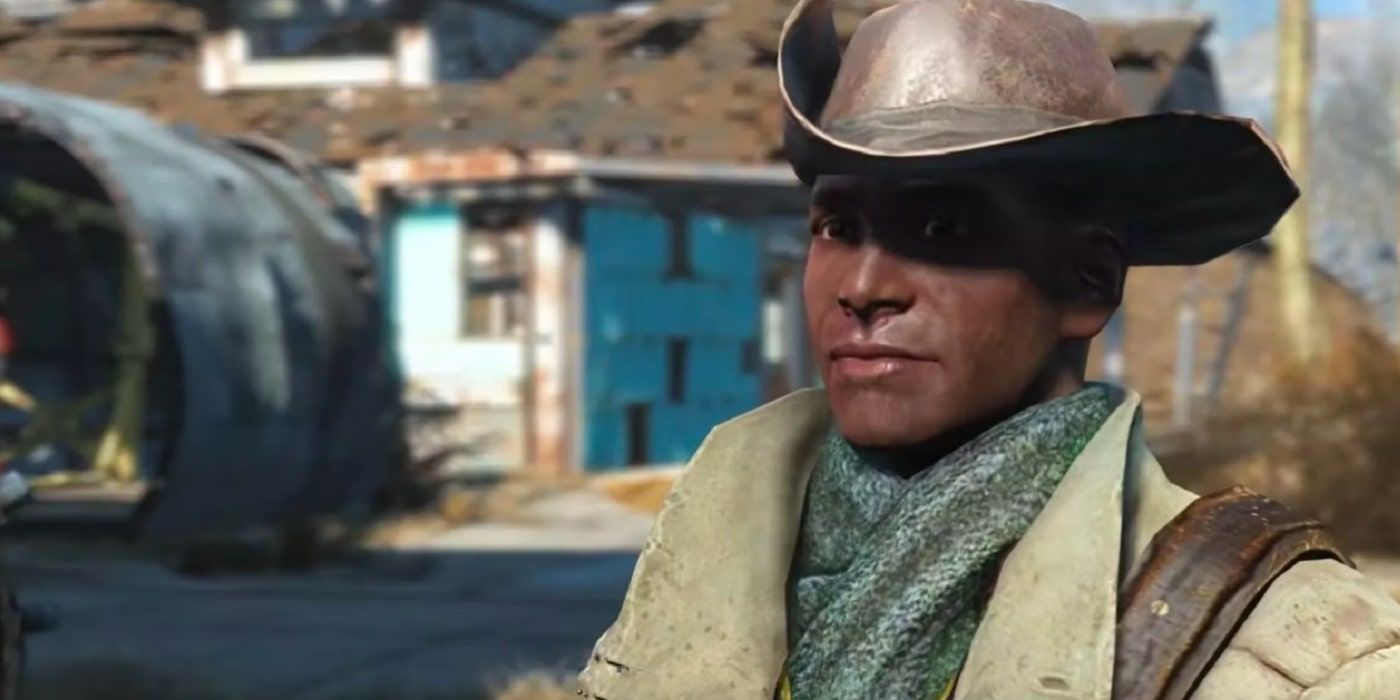
Franchise Entry
Main Character
Vault #
Fallout
Vault Dweller (Albert Cole, Max Stone, or Natalia Dubrovhsky)
13
Fallout 2
Chosen One (Chitsa, Mingan, or Narg)
N/A
Fallout 3
Lone Wanderer
101
Fallout: New Vegas
Courier
N/A
Fallout 4
Sole Survivor (Nate or Nora)
111
Fallout 76
Vault Dwellers
76
Prime Video’s Fallout
Lucy MacLean
33
Not everyone on the wasteland is a bad person with bad intentions. They’re just trying to survive, too. They have their own desires and needs much like the Vault Dweller. A Vault Dweller is often a blank slate. For a player, they can instill their own values onto their character, which tends to be moral and good on a first playthrough. A player will often approach the wasteland with their real-world views of right and wrong. They use those views to attempt to shape their regional wasteland in their image.
The best way to mold that region is through helping. The wasteland is full of people who need help. Maybe they’re not equipped to loot a building, or maybe they have no idea where raiders took their child. The Vault Dweller sees a mutually beneficial opportunity. The Vault Dweller, or player character in general, is on a mission. They’re looking for a family member or looking for someone who wronged them. Helping someone yields a reward that can aid them in their quest, so it’s imperative to help others when possible.
Many missions and side quests offer branching outcomes based on a choice, whether it’s if someone lives or dies, or which regional faction ultimately comes out on top. In the end, the result will be based on the values of that Vault Dweller. Each interaction and mission completion helps mold the world. It makes the world a better or worse place depending on the philosophical views of that Vault Dweller or the player that controls them.
Survivors Bring Their Values To The Vault Dweller
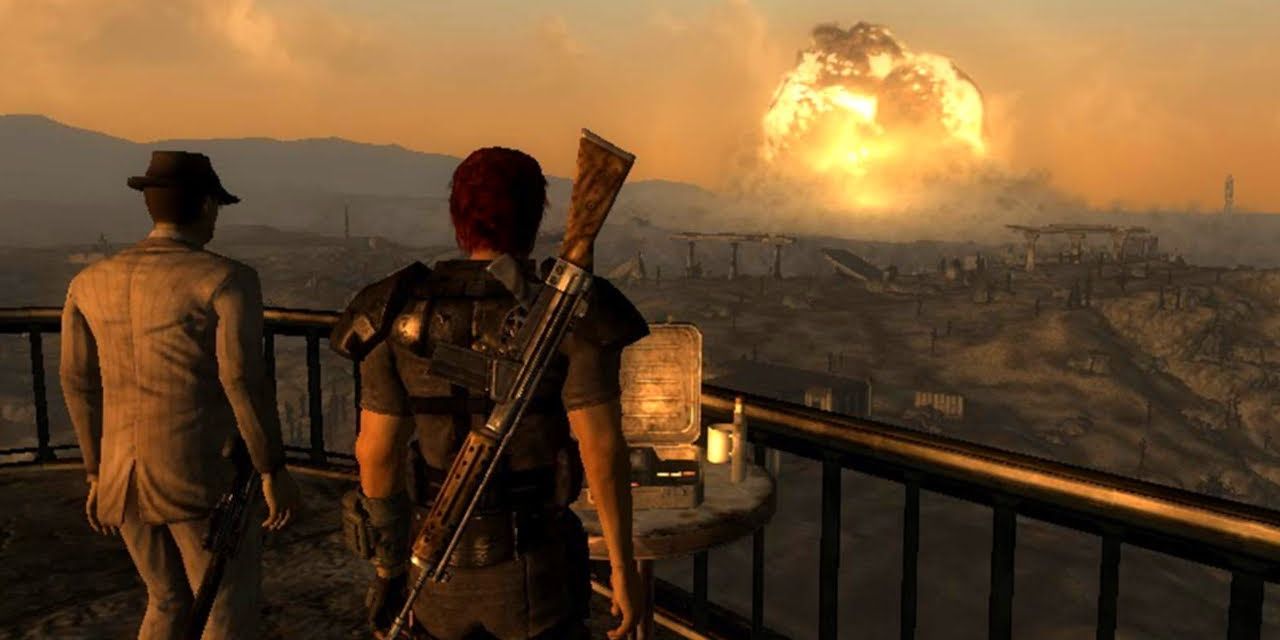
Franchise Entry
Primary Setting
Old World Location
Fallout
New California
California
Fallout 2
New California
California
Fallout 3
Capital Wasteland
Washington, D.C.
Fallout: New Vegas
Mojave Wasteland
Nevada
Fallout 4
The Commonwealth
Massachusetts
Fallout 76
Appalachia
West Virginia
Prime Video’s Fallout
New California
California
Leading is much easier said than done. No one walks away from a position of power with all of their morals intact. While trying to shape a world through influence, the influencer gets shaped as well.
The wasteland has unwritten laws of the land. It makes the Wild West look law-abiding and peaceful by comparison. A Vault Dweller cannot survive purely on their own convictions, and they will not be able to succeed in their ultimate quest by sticking to their morals. The Vault Dweller has to change. Adaptation is, ironically, one of the best parts of the Fallout series. Watching the Vault Dweller grow from the fish-out-of-water to a hardened survivor is always satisfying to experience. It’s difficult, if not impossible, to survive in the Fallout world through pacifism. Just about everyone is faced with a life or death scenario — “either them or me.” A Vault Dweller may initially feel killing another human being is immoral or wrong, but slowly realizes it’s a necessity in a kill-or-be-killed world.
This makes what may be easy choices on the surface far more complex and uncomfortable thanks to a greater understanding of the world. It forces the Vault Dweller, viewer, and player to leave their prejudices at the door. In Fallout 4, there’s a side quest called “The Secret of Cabot House.” It’s the last of a series of side quests and forces players to make a choice between the freedom of a Pre-War serial killer or their son who has kept him imprisoned for centuries and experimented on him.
Murder is morally wrong, but experimenting on someone for centuries is as well. In the real world, there are fears of what a serial killer could do if free, but in Fallout’s world, it’s par for course. A serial killer is as normal and as abundant in the wasteland as a cashier is in the real world. This side quest challenges the morals of Fallout 4’s Sole Survivor and the player that controls them and is a great example of just how much the wasteland can change someone.
The Vault Dweller Is Not Always Alone
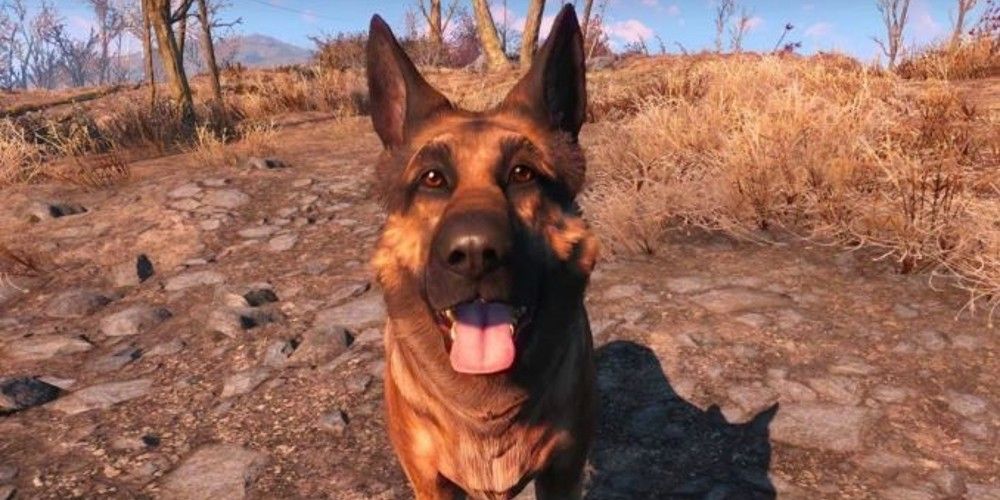
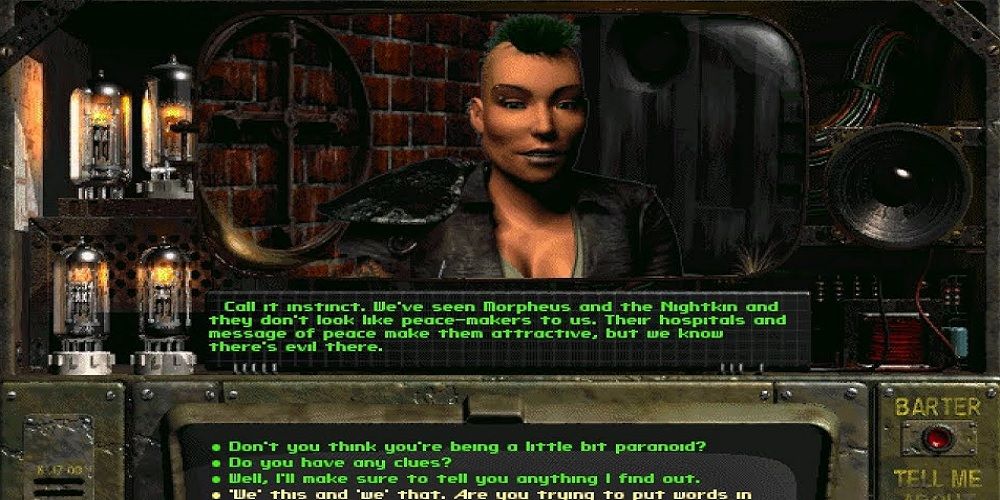
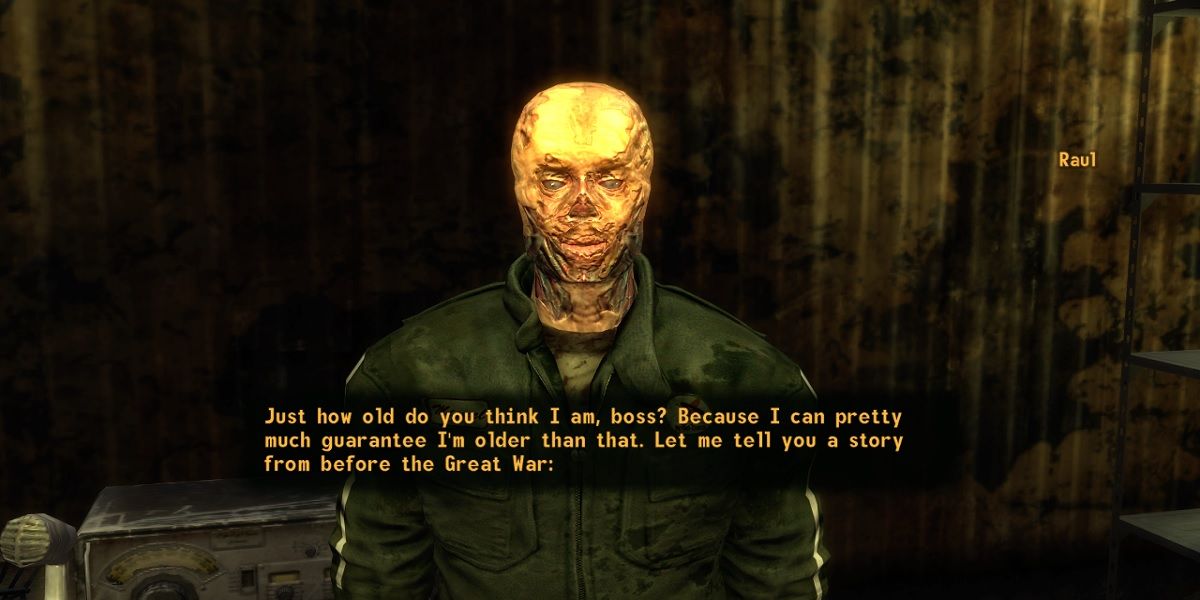
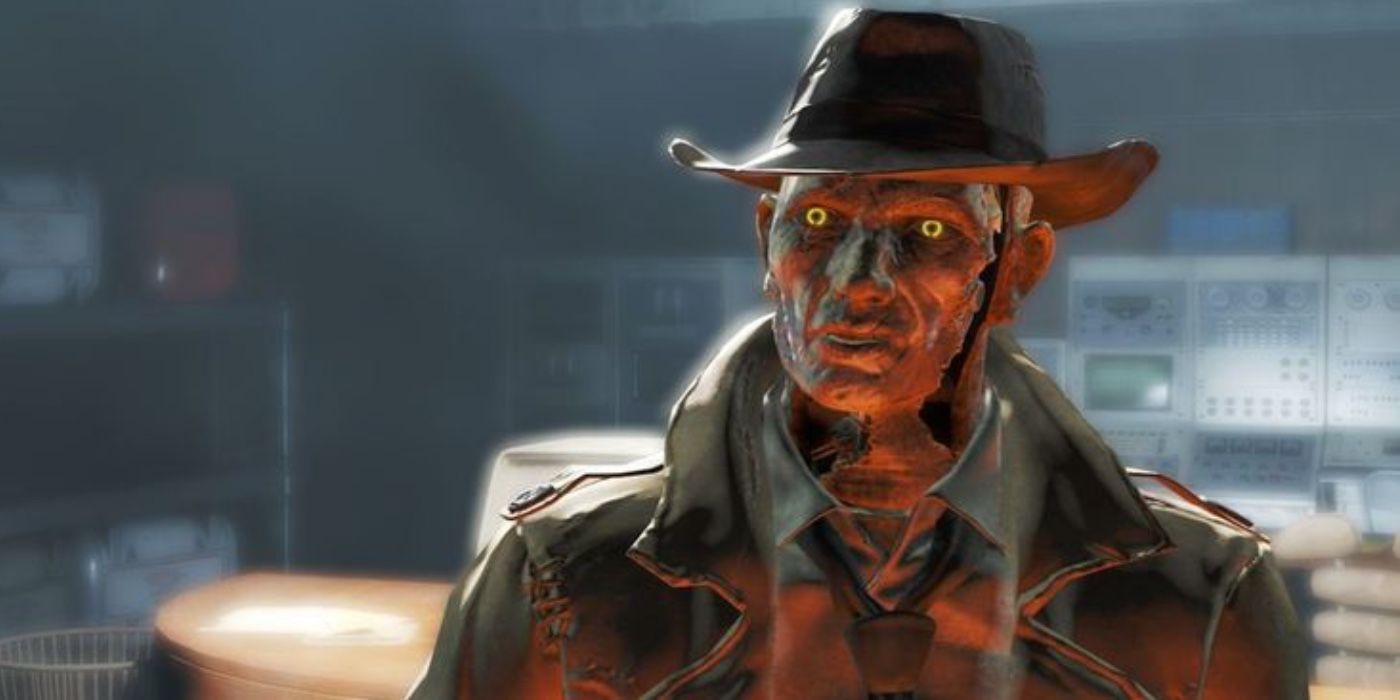
Notable Companions/Followers:
Tycho (Fallout)
Vic (Fallout 2)
Dogmeat (Fallout 3, and numerous other Fallouts)
Raul Tejada (Fallout: New Vegas)
Nick Valentine (Fallout 4)
Sofia Daguerre (Fallout 76)
The relationship between a Vault Dweller and survivors of the wasteland is built on the foundation of the Vault Dweller’s mission. Without that mission, the Vault Dweller would remain in their Vault, assuming it’s still standing. Everything the Vault Dweller does is intended to forward that mission. However, the wasteland is a lonely place and it’s tough to survive alone.
Fallout is full of fascinating companions the Vault Dweller can recruit to journey alongside them. It could be the famed dog companion Dogmeat, or it could be a Super Mutant like Fawkes in Fallout 3. Companions come in all sorts of shapes and sizes. Some companions can even be romanced, which emphasizes the fact the Vault Dweller has made their home in the wasteland, and that they’ve embraced their new, harsh reality.
Companions are optional, though. The Vault Dweller, or the player controlling them, can decide what company they keep, which in turn is a reflection of them. A companion in Fallout 3 may only be available with evil karma, while a companion in Fallout 4 may judge the decisions the Vault Dweller makes. What companion a Vault Dweller may have at the time tells a lot about who they are and the person they’ve become. This can even be meta in some respects, as in Fallout 76, a player’s companion can be other human-controlled Vault Dwellers if they choose to form a party of known associates or complete strangers. If not, Fallout 76 players can recruit an NPC companion that will remain stationed at their C.A.M.P.
Vault Dwellers have a complex relationship with survivors of the wasteland. In a way, both need each other to make a life in the wasteland. Both sides are actively trying to shape the other to fit their ever-altering worldview and to forward their respective goals. This complexity makes Fallout, Fallout. Knowing that change can and will occur makes venturing out into the wasteland so appealing to fans. The struggle to have one’s worldview win out in the end, and make the wasteland a better place in their eyes, becomes just as important of a mission as the one the Vault Dweller initially sets out on. To do so without sacrificing much, if any, morals. This makes every interaction in the Fallout franchise important and why this relationship between the Vault Dweller and the survivors they meet along the way is so critical to the Fallout world.





